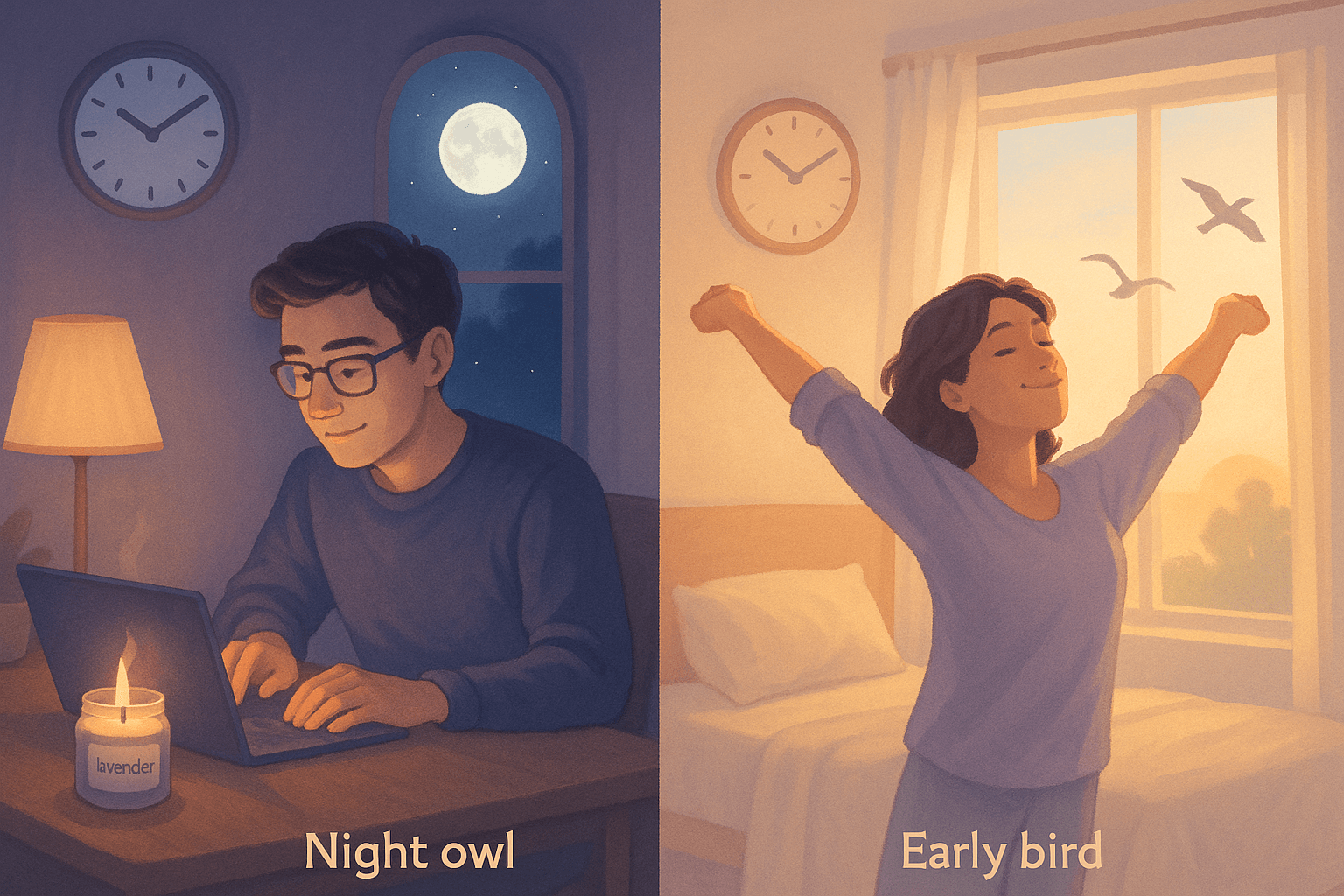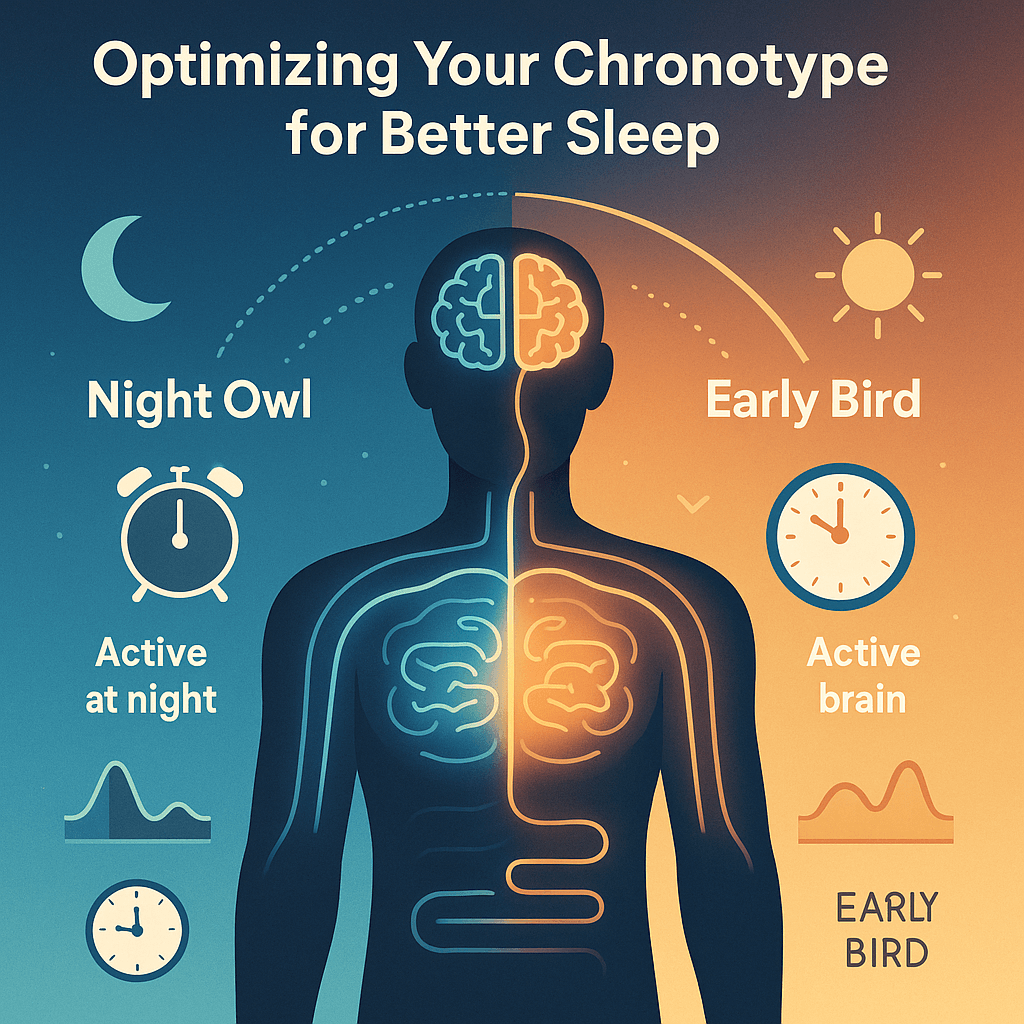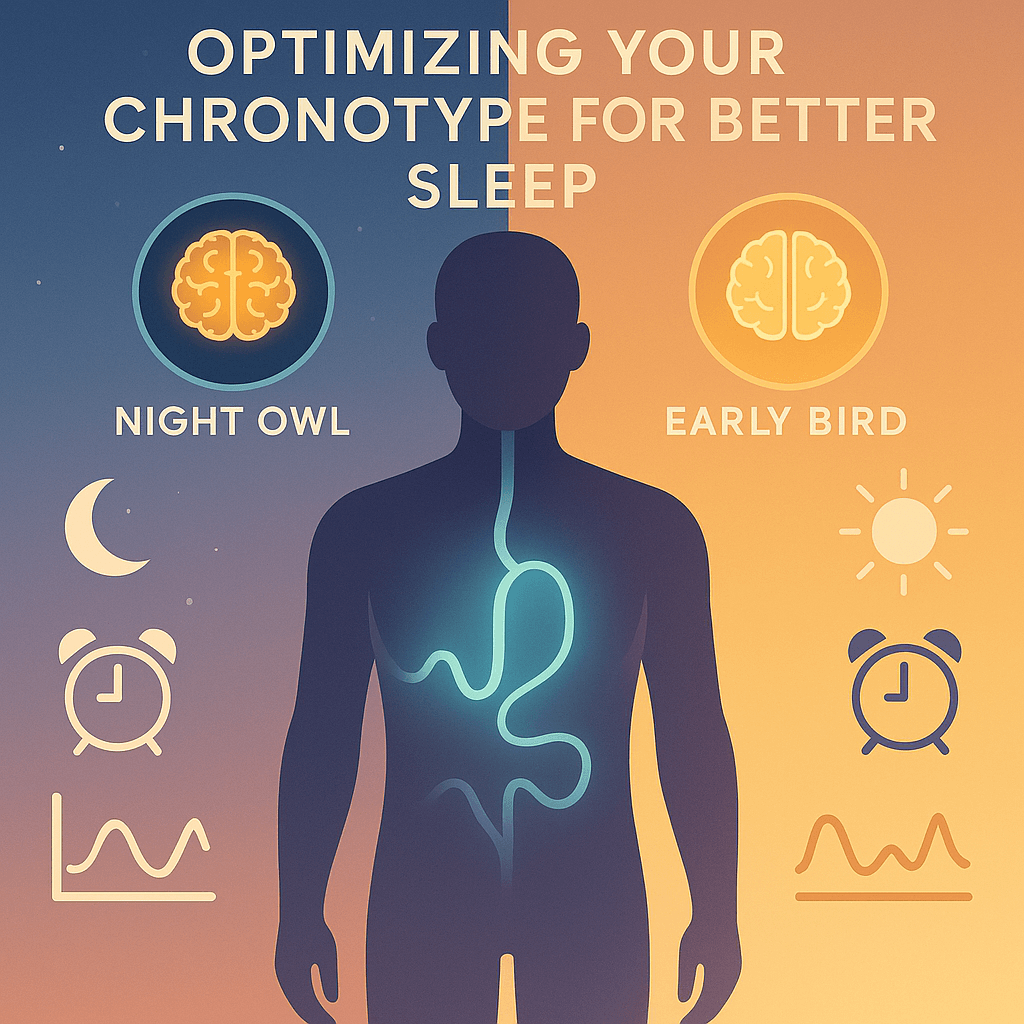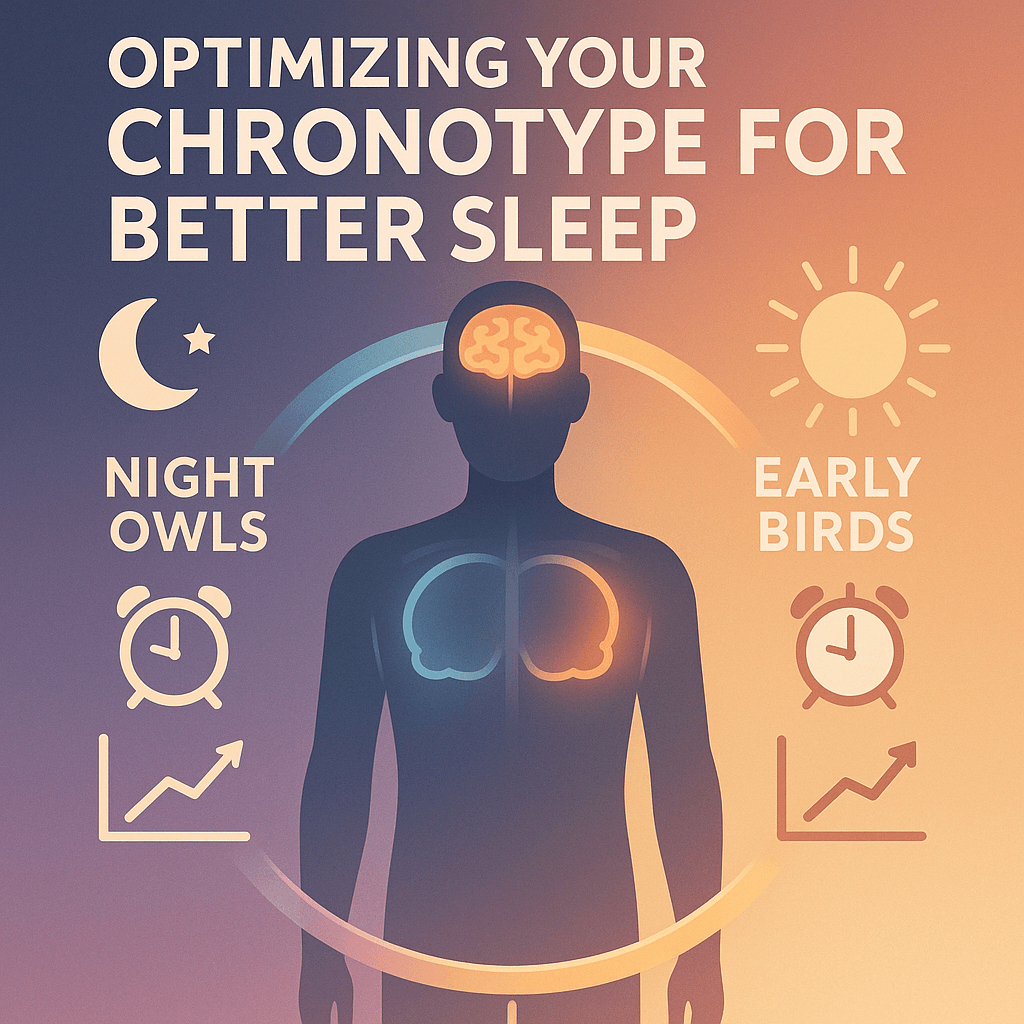The Best Sleep Schedule for Night Owls vs Early Birds
Learn how it can improve your sleep habits and overall well-being.
Getting quality sleep is essential for overall health, but not everyone thrives on the same sleep schedule. Whether you're a night owl or an early bird, aligning your sleep routine with your natural chronotype can improve energy, productivity, and well-being.
Overview: Understanding Chronotypes
A chronotype is your body’s natural preference for sleep and wake times. While early birds (morning people) feel most energetic in the early hours, night owls peak in the evening. Recognizing your chronotype and adjusting your sleep schedule accordingly can lead to better rest and improved daily performance.
Why It Matters
- Sleep Quality: Aligning with your natural rhythm helps you fall asleep faster and wake up refreshed.
- Enhanced Productivity: Working during your peak energy hours maximizes efficiency.
- Better Mental Health: Disrupted sleep patterns can contribute to stress and anxiety—optimizing your schedule reduces these risks.

Best Sleep Schedule for Night Owls
Night owls struggle with traditional 9-to-5 schedules, often feeling groggy in the morning. Here’s how to optimize their sleep:
1. Gradual Adjustments
- If you need to wake earlier, shift bedtime by 15 minutes every few days.
- Avoid drastic changes, as they can disrupt sleep quality.
2. Maximize Evening Productivity
- Schedule demanding tasks during peak energy hours (late afternoon/evening).
- Use natural light exposure in the evening to help regulate melatonin.
3. Wind Down Properly
- Limit screen time 1 hour before bed to reduce blue light interference.
- Try relaxation techniques like reading or meditation.

Best Sleep Schedule for Early Birds
Early risers naturally wake with the sun but may struggle with evening fatigue. Here’s how they can maintain energy:
1. Consistent Wake-Up Time
- Stick to the same wake-up time, even on weekends, to regulate your internal clock.
2. Prioritize Morning Tasks
- Tackle high-focus work early when mental clarity is highest.
- UExercise in the morning to boost energy and mood.
3. Avoid Late-Night Stimulants
- Limit caffeine after noon to prevent sleep disruptions.
- Keep evenings calm with low-stimulation activities.

How to Apply This to Your Daily Routine
- Your Energy Levels: Note when you feel most alert and tired to identify your chronotype.
- Optimize Light Exposure: Morning light helps early birds, while evening light benefits night owls.
- Adjust Gradually: Small shifts in sleep times are more sustainable than sudden changes.
💬 What do you think?
Have you tried adjusting your sleep schedule based on your chronotype? Did it improve your energy and productivity? Share your experience in the comments below! By tailoring your sleep routine to your natural tendencies, you can enhance rest, performance, and overall well-being. Whether you're a night owl or an early bird, the key is consistency and listening to your body’s signals.